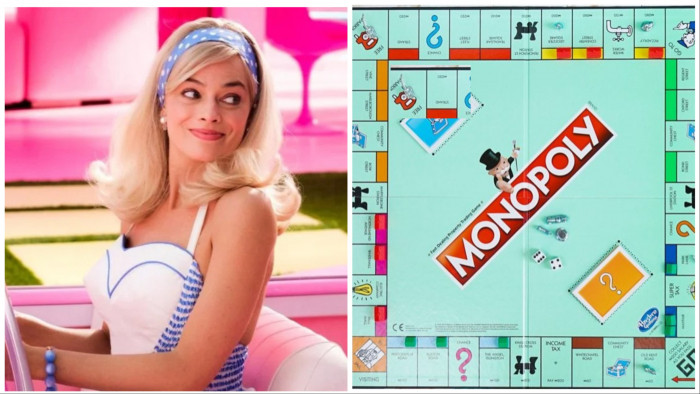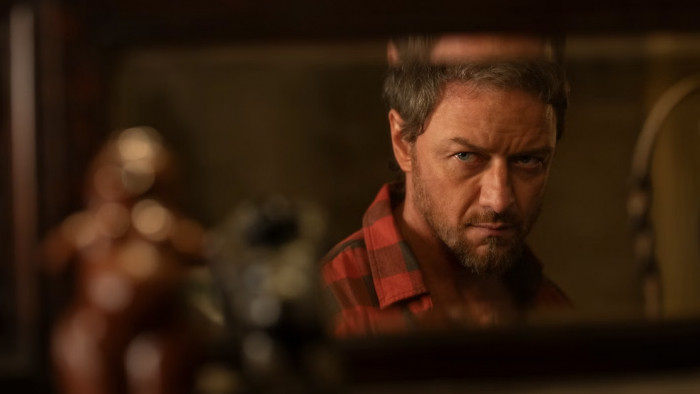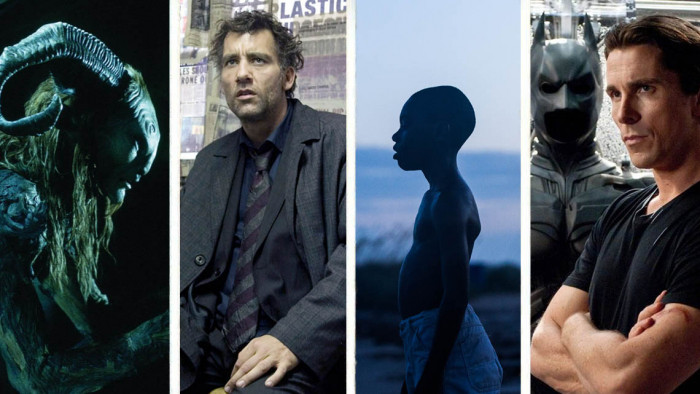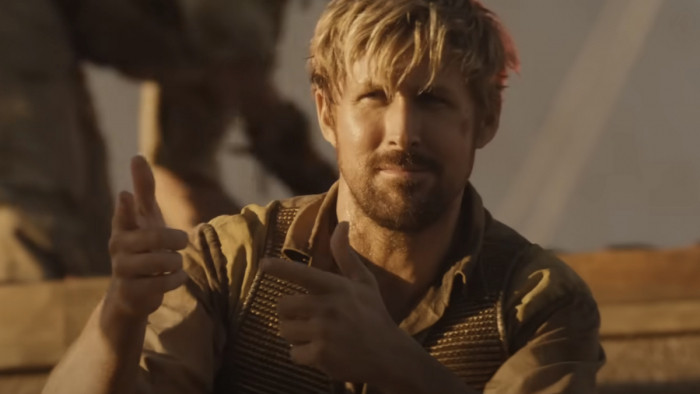The easily-infuriated lady who sued Ryan Gosling’s Drive for its lack of driving would likely be hastily re-dialling her lawyer after one viewing of Philip Seymour Hoffman’s latest film.
Despite its title, Jack Goes Boating - Hoffman’s directorial debut – boasts limited aquatic vessel-based action, preferring instead to focus on the tender-yet-tumultuous love story between painfully shy limo driver Jack (played by Hoffman) and his equally withdrawn object of affection, Connie (Amy Ryan).
Perched on a plush Soho hotel sofa beside the man himself, ShortList was eager to find out how one of Hollywood’s most respected actors coped with being behind the camera for once…
This is the first feature-length film you’ve directed. Did you seek advice from other directors you’d worked with?
I did. But mostly, I just remembered things I’d picked up. Not so much with positioning shots or anything, but more about the rehearsal process. Sidney Lumet [with whom Hoffman worked on Before the Devil Knows I’m Dead] had a way of rehearsing that I liked, so I used it on Jack Goes Boating. It was a two-week process, with the Director of Photography sitting in the whole time, so we could decide then and there how we’d shoot it. We also taped out the exact measurements of the sets inside the rehearsal room, so the actors had a proper idea of how much space they’d have when it came to filming.
Do you have any odd quirks as a director?
No, every actor is different so I wouldn’t do anything I’d assume everyone will like. To me, it’s more about being sensitive to what’s going on with them. The thing that makes an actor happiest is moving on from a shot and feeling like they’ve done it well. You want them to leave them the set feeling like they did something good today, rather than going, “F*ck, f*ck, f*ck!”
Do you see yourself doing more directing than acting as time goes by?
Considering how difficult it is to get a film off the ground, I’ll be lucky to direct two more films in my life [laughs]. But acting’s what brought me and when I’m sitting in a theatre, about to see a play, that’s really my passion.
Have you had any embarrassing onstage moments during plays?
The really bad ones aren’t good stories, because it’s just when you’ve acted terribly [laughs]. But I do remember playing Edgar in King Lear when I was about 22. I had a suit on, but no underwear – because I was eventually going to be naked at the end of the play – and I slipped during a fight scene and my pants tore from the top of my waist down to my balls [laughs]. My ass was hanging right out and the whole audience started laughing. To most people, that would seem like a terrible story but to me it’s quite light.
You worked with a few British actors on The Boat that Rocked - did you get into any UK culture as a result?
I did watch some football with them. It was a Man United match, but I can’t remember who they were playing. We were in Weymouth and we all went to a pub to watch it. One of the reasons I did that film was because I knew it’d be a unique experience, as I was the only American. And they were the funniest people ever. Chris Dowd, Nick Frost, all of them - so bright and so funny. I felt like a total nerd, I couldn’t keep up with them, I swear to God [laughs]. I pride myself on having a good sense of humour but they were the sharpest, funniest guys ever.
Have there been any big roles you’ve regretted turning down?
No. I was talking about this with a bunch of actors the other day, actually. You don’t regret [turning down roles] because once a film gets made, its shelf life is over. It’s completely stale. It’s much easier when you’ve said no to something and the guy who eventually took the role is great. You think, “They were the right person! Thank God I didn’t do that film because I would have f*cked it up” [laughs]. The only time it’s troubling is when you wanted to a role and whoever got it doesn’t do it well. Then, you’re like, “Damn, I wish I’d got that”.
You won an Oscar for Capote - do you consider it your best performance?
No, I look at acting as a day-to-day thing. There are times when you think, “I did well today” and times when you’re like, “What the f*ck? I don’t know what I’m doing”. There are scenes in Capote that I’m really proud of, but in every film they end up using a scene or a take that you feel you could have done better. There’s no movie you watch as an actor and you’re happy with the whole way through. Never – it’s impossible.
Jack Goes Boating is at cinemas nationwide from 4 November
PIC CREDIT: Allstar
Latest
Related Reviews and Shortlists










